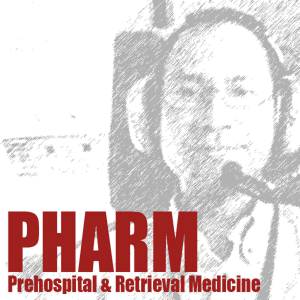Hi folks!
We have an idea for another FOAMEd educational series..its called GET FOAMEd ( Generalist Education & Training via Free Open Access Meducation)
Our intent is to aim it at the rural generalist doctor, remote nurse or paramedic, or if you are working in remote areas and need to make do with less toys and resources. I know we have lots of listeners from rural and remote Canada, USA and Europe.
For the first episode we decided to talk on Spotting the Crook! This is a very peculiar Australian vernacular term, which essentially means identifying the deteriorating and critically ill patient at an early stage. Crook is Australian for sick, not criminal! We might introduce our international listeners to other weird Australian terms , as we progress through the series!
Here is the screencast..
Now on to the Podcast
Right Click and Choose Save-as to Download the Podcast.
SHOW NOTE References:
- Clinicians gut feeling about serious infection in children : an observational study
- Monitoring vital signs using early warning scoring systems :a review of the literature
- ED Adult Sepsis screening tool
- Why lactate is like a pap smear
- Point of care lactate testing predicts mortality of severe sepsis in a HIV population


Fantastic podcast guys and I completely agree that the best way for detecting somebody who is subtly crook would have to be heart and respiratory rate. A consistent resting tachycardia is always abnormal (except AF) as is a resting tachypnoea.
Tachycardia in this context is a sign of either insufficient cardiac output or somebody who has some sort of untoward adernergic stimulation while a tachypnoea is a sign of end-cellular metabolic dysfunction (anaerobic respiration) is beginning to develop lactic acidosis however I think these are often missed or not picked up on.
I would also have to say temperature is probably a very helpful physiologic parameter as it is often a sign of low cardiac output.
From the Ambulance perspective, several US jurisdictions have introduced pre-hospital lactate measuring however I am not sure it’s totally necessary and the money is probably better spent on introducing ceftriaxone or benzylpenicillin.